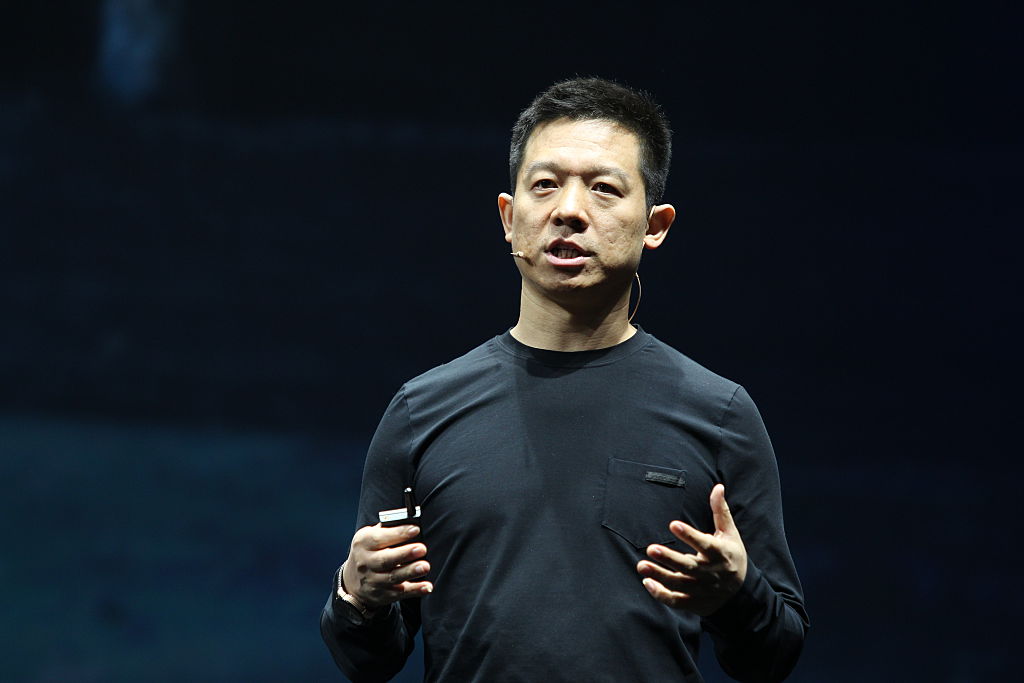After a months-long parade of endless red flags, LeEco’s Stateside woes finally came to a head this week. The company announced that it would be laying off 325 employees in the U.S. alone. And judging from a number of address forwarding emails I’ve received, the company moved swiftly and without much warning.
It’s always easier to Monday-morning quarterback all of this after the shit has hit the fan, but nothing about this week’s bad news was sudden. Keep in mind, the company has had a meaningful presence in the U.S. for less than a year. That big, flashy press conference only happened in mid-October. That’s a pretty astonishingly fast pace for this kind of all-out implosion, but the warning signs have been there since pretty much the beginning.
Of course, LeEco doesn’t see it that way. The company refuses to qualify the loss of more than 300 jobs as an abject failure. It’s saying what it says pretty much every time it stumbles — it’s not a problem with strategy, it’s just a failure to secure funding. We heard a similar statement when it ran into issues with its recent attempt to take on India.
Asked for specific comment on the news, LeEco gave TechCrunch the same form letter it’s been handing out to anyone who asks. “We believe that our vision to remove the barriers between screens for consumers is right, and analysts have acknowledged this,” the company writes. “Because we can’t access the capital needed at this time, we will need to take a phased approach to the U.S. market.”
But a “phased approach” shouldn’t be what you do after your company is forced to lay off hundreds of people. It’s the strategy a smart business takes from the outset. As any successful international corporation can tell you, entering a new market is hard, particularly when it presents such an extreme cultural shift as the difference between China and the U.S — just look at all the issues Apple has run into as it’s gone the other way.
For LeEco, baby steps just wouldn’t do. Brashness and bravado were essential to the company’s big, flashy show. It purchased 50 acres of land from Yahoo in the heart of the Silicon Valley, a bold and expensive sign it had planted its flag, with a planned campus that sounded as much like an amusement park as a place of work.
When the time came to actually launch in the States, it didn’t just announce a smartphone or a TV. It let the public know that it was going to be everything to everyone — a little bit Apple, a little bit Netflix, a little Tesla and a little Amazon. Oh, and there was a VR headset, bicycle and a Michael Bay cameo thrown in for good measure, along with footage from The Great Wall, a Matt Damon vehicle the company helped produce in hopes of getting a piece of the studio system.
But the wheels came off quickly. The company ultimately delivered a fraction of what it promised. Had it just promised a smartphone or two while it worked to better assess the U.S. market, the company would have had a lot shorter way to fall. There’s nothing exceptional about misreading a new market the first time around. Ultimately, the company didn’t just fly too close to the sun, it promised the world a newer, hotter sun and the rest of the solar system, to boot.
It’s tough not to see the company’s newly restructured plan and wonder how its fortunes might be different if it had taken that tact from the outset. The newly repositioned company is targeting its products specifically toward Chinese-speaking households in the U.S. — precisely the people who can benefit from the “Netflix of China” content service it’s been building for some time. That’s a large market, and an easy one to help transition into a new part of the world while the company builds out its own English language content offerings.
Likely the company’s language is just some blustery corporate talk. It’s hard for companies and politicians alike to admit failure. It’s far easier to chalk things up to external forces beyond your control. Hopefully behind the scenes, LeEco acknowledges its mistakes and embraces the switch in gears as a new strategy forward, rather than a temporary adjustment until it figures out how to get more money flooding in from its investors.
This kind of corporate failure means a lot more than just one fewer smartphone choice on store shelves this year. It’s 325 people who suddenly find themselves out of work. It’s a very real human cost.































Comment